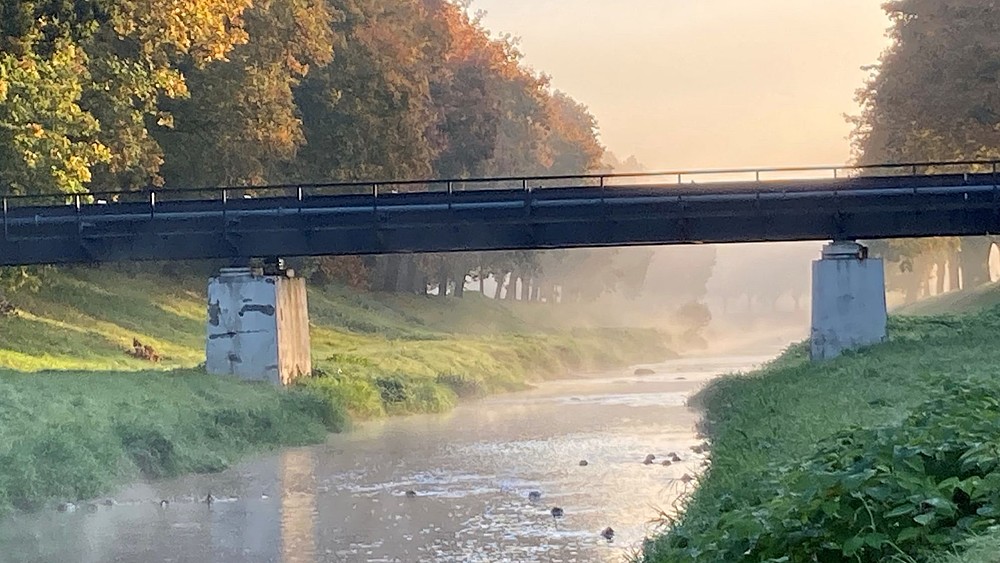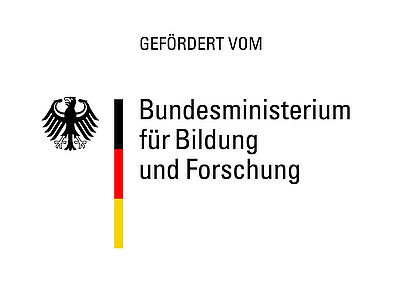Interdisciplinary research project Innova.GEIST explores new approaches for innovation regimes in Lausitz

The Innova.GEIST research project was launched on March 1, 2024 under the leadership of the TRAWOS Institute at Zittau/Görlitz University of Applied Sciences (HSZG) in collaboration with AQVA Synergy GmbH. The project aims to combine technological and social innovations in order to identify new paths for a sustainable transformation in Lausitz. Innova.GEIST is funded by the Federal Ministry of Education and Research (BMBF) as part of the "Lausitz- Life & Technology" alliance.
Lausitz is facing a fundamental transformation as the phase-out of the lignite industry changes jobs and structures. As part of Innova.GEIST, research is being conducted into how technological innovations can be strengthened by social innovations using the example of sustainable energy supply in order to gain long-term acceptance and involve social networks. The question is how technological innovations can be conceived and implemented not in isolation, but in close interaction with the needs of society.
The project pursues a transdisciplinary, problem-oriented research approach that focuses on cooperation between science and practice. Thanks to the close cooperation between the TRAWOS Institute and AQVA Synergy GmbH, theoretical findings are directly linked to practical experience.
"Innovations for sustainable energy supply in Lausitz encounter a field of tension between opportunities and concerns. An important question here is: How can the transition from a fossil fuel location to a location for sustainable energy succeed? The new structures are not yet visible. I am driven by the question of how we can successfully implement sustainable innovation and help shape Lausitz as a model region. What role does social issues play in this? I am very excited to see what proposals emerge from this joint research project," says Christoph Steffan, Managing Director of AQVA Synergy GmbH and Innova.GEIST case partner.
Dr. Julia Gabler, scientific project manager of Innova.GEIST, adds: "From a scientific perspective, the central concern of the interdisciplinary Innova.GEIST project is to expand the concept of innovation. Social innovations refer to social innovations and produce success factors that could possibly be transferred to technological innovation processes. The cooperative research approach enables us, together with practice partners such as AQVA Synergy, to develop new perspectives and to focus on the relevance, social acceptance and utilization issues of innovations. We also want to make the success mechanisms of social innovation in the region visible. We hope that our project will help to positively influence innovation regimes in the region and create sustainable solutions for structural change."
The project will run until the end of 2025 and focuses on the following research areas
1. development of heuristics for technological and social innovation spaces
2. comparative analysis of these spaces
3. recording innovation narratives of different actors
4. investigation of linear versus cyclical innovation concepts
A particular focus is on investigating the differences between linear and cyclical innovation concepts, whereby the thesis is pursued that social innovations more frequently contain cyclical elements.
The aim is to develop practical solutions for innovators that make it possible to embed technological innovation in the social system of a region undergoing structural change such as Lausitz. The concrete results should be a "toolbox" for inclusive innovation strategies and a sustainable business concept that can serve as a model for the region.
The Innova.GEIST project promises to provide important insights for shaping structural change in Lausitz and could serve as a model for other regions facing similar challenges.
In addition to Dr. Julia Gabler and Christoph Steffan, Dipl-Ing. (FH) Sylvia Ganer at AQVA and Anja Mutschler (M.A.) at TRAWOS are also working on the Innova.GEIST project.
Innova.GEIST is funded by the Federal Ministry of Education and Research BMBF as part of the Lausitz - Life & Technology alliance.


